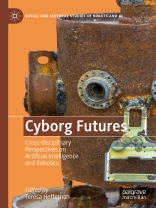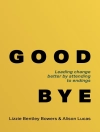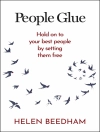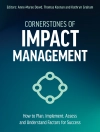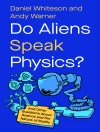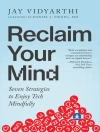This volume brings together academics from evolutionary biology, literary theory, robotics, digital culture, anthropology, sociology, and environmental studies to consider the impact of robotics and AI on society. By bringing these perspectives together in one book, readers gain a sense of the complex scientific, social, and ideological contexts within which AI and robotics research is unfolding, as well as the illusory suppositions and distorted claims being mobilized by the industry in the name of bettering humanity’s future. Discussions about AI and robotics have been shaped by computer science and engineering, steered by corporate and military interests, forged by transhumanist philosophy and libertarian politics, animated by fiction, and hyped by the media. From fiction passing as science to the illusion of AI autonomy to the business of ethics to the automation of war, this collection recognizes the inevitable entanglement of humanity and technology, while exposing theproblematic assumptions and myths driving the field in order to better assess its risks and potential.
表中的内容
Chapter 1: Introduction.- Chapter 2: Evolution Ain’t Engineering: Animals, Robots, and the Messy Struggle for Existence.- Chapter 3: Demystifying the Intelligent Machine.- Chapter 4: Autonomy of Artificial Intelligence, Ecology and Existential Risk: A Critique.- Chapter 5: Visions of Swarming Robots: Artificial Intelligence and Stupidity in the Military-Industrial Projection of the Future of Warfare.- Chapter 6: The Business of Ethics, Robotics and Artificial Intelligence.- Chapter 7: Fiction Meets Science: Ex Machina, Artificial Intelligence and the Robotics Industry.- Chapter 8: Rossum’s Mimesis.- Chapter 9: Race and Robotics.
关于作者
Teresa Heffernan is Professor of English at Saint Mary’s University, Halifax, NS. Her current research is on the science and fiction of robotics and AI. Her previous books include Veiled Figures: Women, Modernity, and the Spectres of Orientalism (2016) and Post-Apocalyptic Culture: Modernism, Postmodernism, and the Twentieth-Century Novel (2008).
